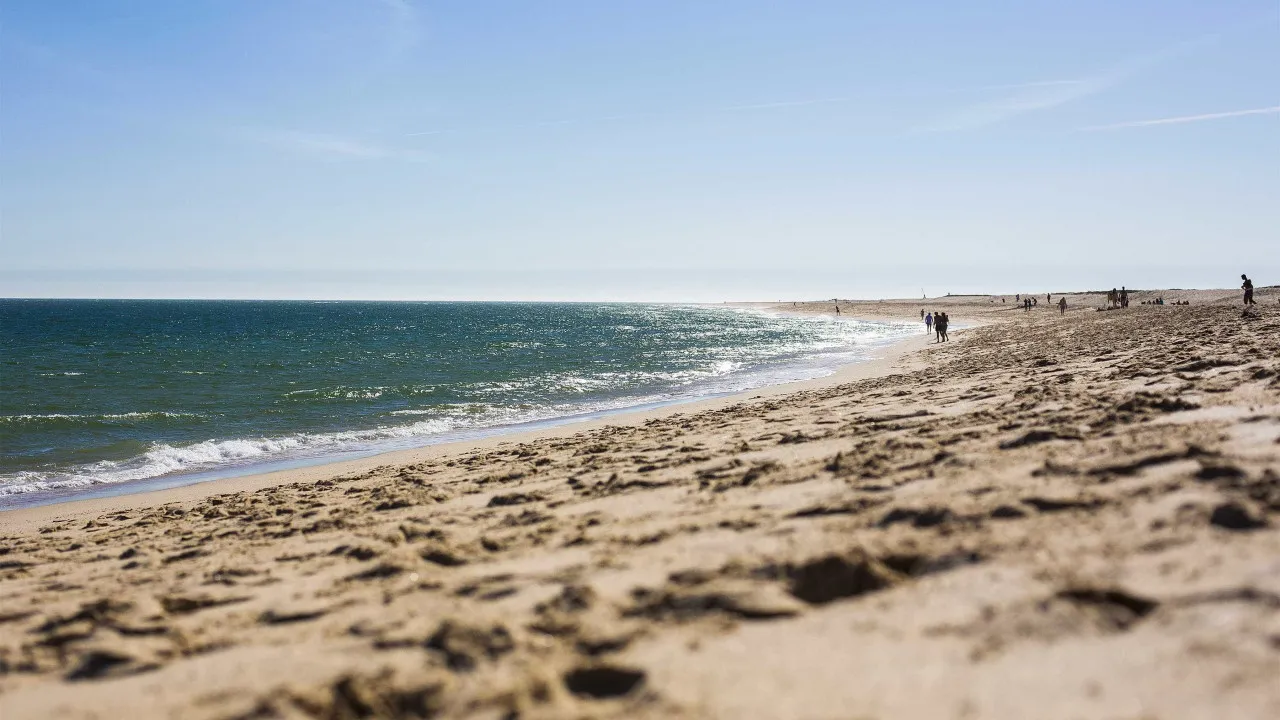
As per forecasts from the Portuguese Institute for Sea and Atmosphere (IPMA), maximum temperatures on the first day of summer are expected to range from 21ºC in Ponta Delgada to 34ºC in Beja. Coastal districts, such as Viana do Castelo, Porto, or Aveiro, are not expected to exceed maximum temperatures of 22 or 23ºC.
However, the situation is set to change over the next week, especially by Friday and Saturday, according to IPMA forecasts. Temperatures in Viana do Castelo and Porto may reach nearly 30ºC, while Beja could reach 41ºC.
The summer solstice arrives at 02:42, marking what is traditionally the longest day in the northern hemisphere. By December 21, it will reach the southern hemisphere at 15:03.
On the first day of summer, the sun rises at 06:10 and sets at 21:06, with the day lasting 14 hours, 55 minutes, and 47 seconds. By Sunday, the day will apparently have the same duration but will be two seconds shorter, and by the end of the month, it will be five minutes shorter.
This will continue until the autumn equinox on September 22 at 19:19, when days will be equal to nights, and nights will then begin to become longer until the winter solstice, which arrives at 15:02 on December 21, marking the longest night.
But that is for another time. The approaching Saturday dawn marks one of the most anticipated seasons, characterized by long days often associated with vacations, “little work” according to Brazilian writer Luis Fernando Veríssimo, and the taste of wild berries, as described by Portuguese poet Sophia de Mello Breyner Andresen.
However, these stereotypes are relative. There are no reports of the inhabitants of Longyearbyen, on the island of Spitsbergen in the Svalbard Arctic archipelago, being happier during this “midnight sun” period, where the day began on April 18 and won’t see sunset again until August 25, initially only for an hour.
Nor are the residents of Ushuaia, Argentina, in the southern hemisphere near Antarctica, where on Saturday the sun rises around 10:00 and sets shortly after 17:00, considered unhappy. This period is celebrated with many winter solstice festivities.
“When people are happy, they don’t notice if it’s winter or summer,” wrote Russian playwright Anton Chekhov.




